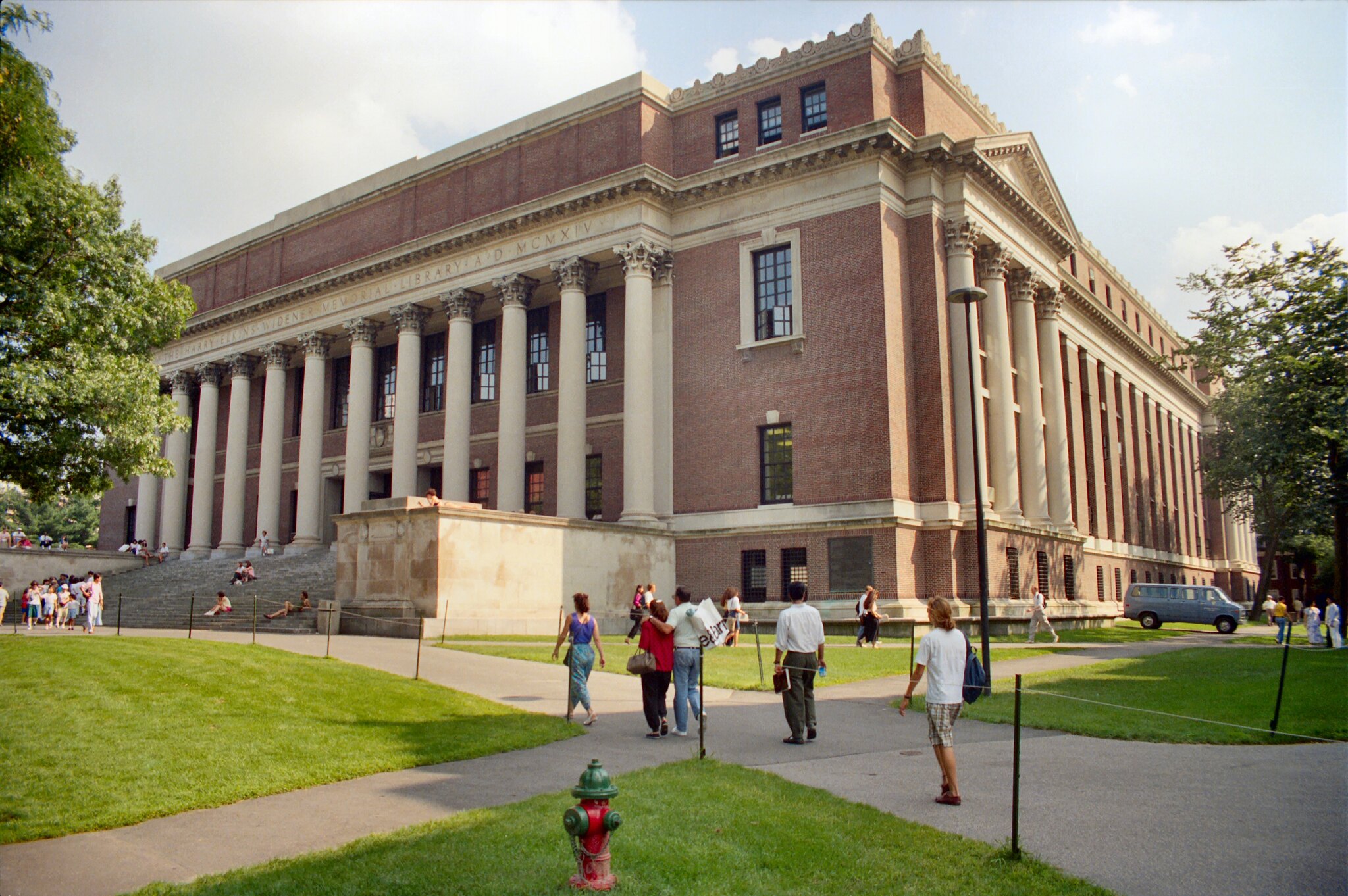A federal judge has blocked the Trump administration's attempt to freeze nearly $2.2 billion in federal funding to Harvard University, ruling that the action was unconstitutional. District Judge Allison Burroughs, appointed by former President Barack Obama, issued the ruling on Wednesday, stating that the funding freeze was a punitive measure that infringed on Harvard's rights to free speech.
Explainer Trump Administration's Crime Initiative Faces Media Scrutiny
Burroughs argued that the Trump administration's actions were fundamentally attacking Harvard's ability to address issues of antisemitism on campus, which had been a significant concern raised by the U.S. Department of Education. The administration had claimed that Harvard's response to allegations of antisemitism violated Title VI of the Civil Rights Act.
In her ruling, Burroughs acknowledged that Harvard had been "wrong to tolerate hateful behavior for as long as it did," but emphasized that combating antisemitism should not come at the expense of First Amendment rights. "We must fight against antisemitism, but we equally need to protect our rights, including our right to free speech," she wrote.
The Trump administration's focus on Harvard has included complaints about the university's use of racial preferences under its diversity, equity, and inclusion (DEI) initiatives. Critics of the university have claimed that it has made efforts to maintain these preferences while avoiding public scrutiny.
Education Secretary Linda McMahon criticized Burroughs' ruling, stating, "In an unsurprising turn of events, the same Obama-appointed judge that ruled in favor of Harvard’s illegal race-based admissions practices just ruled against the Trump Administration’s efforts to hold Harvard accountable for rampant discrimination on campus." McMahon confirmed that the administration intends to appeal the decision.
Harvard President Alan Garber responded to the ruling, expressing the university's commitment to academic independence. "Even as we acknowledge the important principles affirmed in today’s ruling, we will continue to assess the implications of the opinion and monitor further legal developments," Garber said.
The Trump administration has been pursuing actions against Harvard for several months, threatening federal funding as part of its efforts to ensure compliance with civil rights laws. Harvard has consistently defended its policies and practices, stating that it will not compromise its academic mission.
Burroughs is also known for previously allowing Harvard to continue its race-based admissions policy, which was later overturned by the Supreme Court in the case of Students for Fair Admissions v. Harvard. This history has raised questions about the potential outcomes of an appeal to a higher court regarding the current ruling.
As the legal battle continues, the implications for both Harvard and federal funding remain uncertain. The university has indicated its intention to fight back against federal actions that it views as infringing on its rights and autonomy.
Why it matters
- The ruling protects Harvard's federal funding, affirming the university's rights to free speech amid accusations of antisemitism.
- Judge Burroughs highlighted the conflict between combating antisemitism and preserving First Amendment rights, setting a legal precedent.
- The decision challenges the Trump administration's approach to enforcing civil rights laws in higher education, particularly regarding DEI initiatives.
What’s next
- The Trump administration plans to appeal the ruling, potentially prolonging the legal battle over federal funding.
- Harvard will monitor legal developments and assess the implications of the ruling on its policies and practices.

